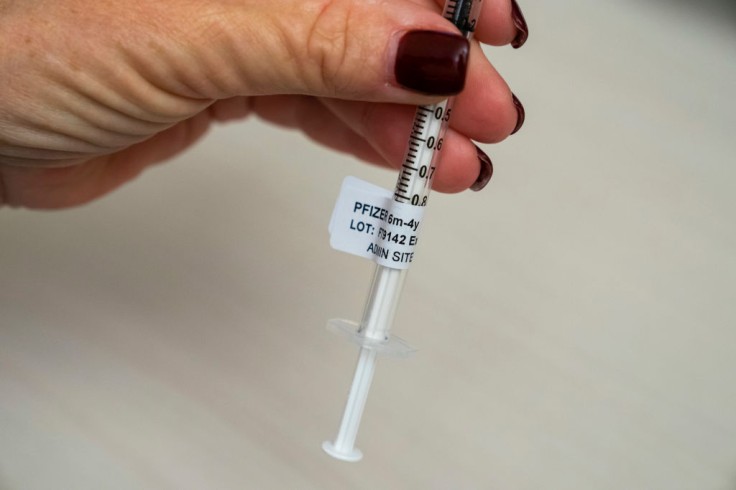
Pfizer announced in a news release on Thursday, August 25, that its experimental vaccine for the respiratory syncytial virus (RSV) was nearly 86 percent effective in preventing severe illness in a late-stage clinical trial of older adults.
According to the company, Pfizer's vaccine, RSVpreF, was also found to be about 67 percent effective in preventing milder illnesses from the respiratory virus and caused no serious safety concerns.
Pfizer said the results were based on an early analysis of a phase 3 trial of 37,000 adults ages 60 and older. The protein-based vaccine was administered in a single dose to the adult participants.
CDC said Pfizer's findings are significant
The Centers for Disease Control and Prevention (CDC) said that the findings are significant, according to experts, as there are currently no approved vaccines to prevent infections from RSV, which are responsible for 14,000 deaths and 177,000 hospitalizations in older adults each year.
Dr. Ofer Levy, director of the Precision Vaccines Program at Boston Children's Hospital, said that an RSV vaccine for this population makes sense as there is a serious unmet need to protect older adults against this viral respiratory disease, which can cause death or severe illness in this age group.
Levy did say that while Pfizer's vaccine results look promising, he would still like to see more data on it in the future. Pfizer's results have not yet been peer-reviewed.
RSV happens each year in most regions of the United States during winter, spring, and fall. The respiratory virus usually causes mild, cold-like symptoms in adults, but it can sometimes lead to life-threatening illnesses.
Read Also : Mom and Daughter Share Unique Bond as They Attend Bowling Green State University Together
RSV dangerous for older adults with heart disease or chronic lung illness
Dr. William Schaffner, an infectious diseases expert at Vanderbilt University Medical Center, told NBC News that RSV could be especially dangerous for older adults with other medical conditions, such as heart disease or chronic lung illness. The infection severity in older adults sometimes rivals that of influenza.
Synagis has been approved for use in the United States to prevent severe illness, but the monoclonal antibody injection is only available for certain high-risk infants. They include premature babies and infants who have a low birth weight.
Levy said that older adults who become severely ill from the respiratory virus are often treated with antibiotics in case bacteria are found in their lungs. Patients suffering from RSV may need to be placed in intensive care units (ICU) to get supplemental oxygen.
Levy said that is the reason why it is so important to develop a vaccine. Pfizer's jab is a so-called bivalent vaccine. It targets two virus strains, RSV A and B. Pfizer said it plans to submit a vaccine application to the Food and Drug Administration (FDA) for full approval in adults ages 60 and older later this fall.